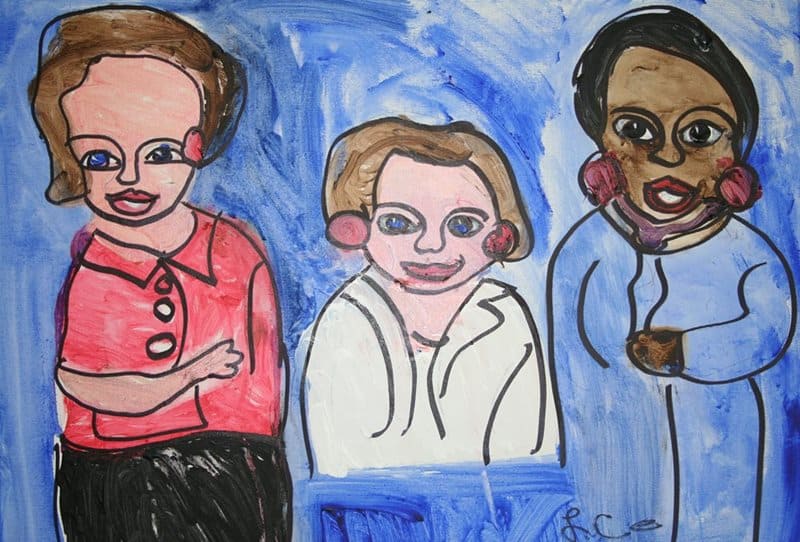August 01, 2016
By Dania Douglas
Last week, we celebrated the 26th Anniversary of the Americans with Disabilities Act (ADA), signed into law on July 26, 1990, by President George H. W. Bush. This anniversary is an opportunity to honor the tireless advocates who made this landmark civil rights law a reality, to reflect on the ways this law has transformed the lives of people living with mental health conditions, and to consider how much work remains to ensure that the promises of this law are fulfilled.
In the summer of 2008, I had the opportunity to meet a disability rights advocate named Lois Curtis, from Stone Mountain, Georgia. Curtis is a talented artist, who is both incredibly funny and extremely gracious. Yet, Curtis spent decades of her life living in an institution before she and a fellow resident sued the state of Georgia under the ADA. The case—litigated in part by NAMI’s CEO Mary Giliberti—was a landmark decision that found that people with disabilities have the right to live and work integrated with the rest their community, as opposed to “unjustified isolation.”
Today, Curtis lives in her own home and has a successful art career. She has met with world leaders advocating for the rights of people with mental health conditions. But her story is only one example of how the ADA has served as a tool to protect the rights of people with disabilities. The law, with its mandates against discrimination, has opened doors to education, employment, community-based housing and other services for people living with mental health conditions.

“The Women of Olmstead" by Lois Curtis. Photo: Tracy Coffin
Despite all of this, stigma and discrimination are still rampant in our country. People with mental health conditions remain unemployed and underemployed at rates far higher than their peers. Parents of students with mental health conditions must still fight to ensure that their children receive appropriate classroom accommodations. People struggle to find appropriate treatment and supports in their community.
We have a long road ahead and a great deal of work to build a stronger, more inclusive community that honors the grand vision of the ADA.
But it is important to pause and remember that the enactment of the ADA over a quarter century ago, was itself a victory. The fight for equality brought together people from all sides of the political spectrum, from business and the public sector—from all different walks of life. In the 26 years since the law has passed, it is important to remember how far we have come and how much progress has been made.
We know that the battle is far from over. While we should celebrate the success stories of advocates like Lois Curtis, we should also double down our efforts to ensure that the promises of the ADA come to fruition, and that we build a world where discrimination against people with mental health conditions no longer exists.
Submit To The NAMI Blog
We’re always accepting submissions to the NAMI Blog! We feature the latest research, stories of recovery, ways to end stigma and strategies for living well with mental illness. Most importantly: We feature your voices.
LEARN MORE